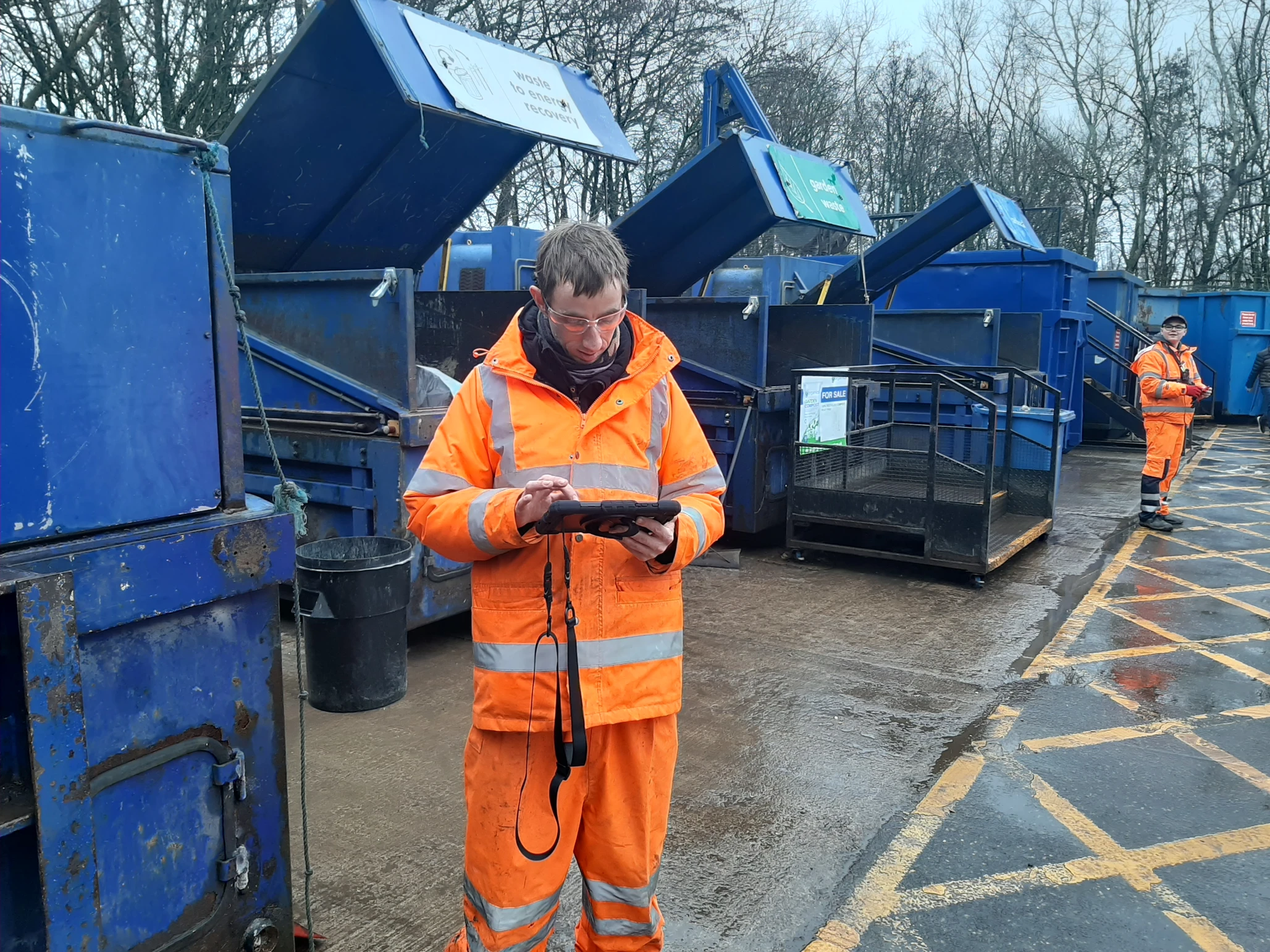Choosing the right system can be a daunting task, bringing with it a lot of responsibility and often commanding a lot of resource. For these reasons, it is important that the right decisions are made first time; everything has been considered and the chosen system is the right fit for the business. To help you make your decision, here are a few key things to consider:
Experience is everything
It is important to understand what experience the software provider has in your industry. The software that is developed is important, but its application and suitability to perform in your industry is where its real success should be judged. Working with a waste management industry expert, who can offer their real-life experiences and support and guide your business to build this into your system, will make an enormous difference to the overall suitability and success of the project. Ultimately, look for a system that is built by the industry for the industry.
User experience
The software’s usability, accessibility and ease of adoption is key to successful implementation. Over complicated systems, which require vast amounts of user training can often create barriers to adoption and result in prolonged or even unsuccessful implementation. Consider the abilities of the users within your business. Language barriers and disabilities should all be considered when judging the suitability of the new software system. Many systems reduce the reliance on language by using pictorial cues as an alternative, which can also reduce the reliance on training and ensure the system is more widely accessible.
Looking to the future
Although it is important to consider the waste management software system’s suitability for your business’ current activities, it is also vital to look to the future and ask whether the system is future proofed to support scalability and growth. For example, increasing transactions, modifying functionality, integrating with other external systems or complete service diversification may all be future system requirements, so investigate how this would be managed by the system and your supplier. Without the ability to support changes and growth in the future, you could be stuck with a tool that is incompatible with your business.
The support you need
Although you may not need them all the time, you need to know that your waste management software solution provider is able to support you when you need them. Find out what levels of customer support they offer, their standard availability and whether they will be able to support you at the times that are business critical for your operation.
Systems integrations
Investigate what systems integrations are already available. Common applications that many businesses find useful to integrate include Sage, Xero, Microsoft Dynamics along with fleet management, transport, and billing systems. Being able to seamlessly integrate data between the systems and your waste management software can be a game changer in terms of efficiency, accuracy, and professionalism. If there are systems that have not already been integrated, it may be worth discussing the possibility of this with your waste management software supplier for future development.
Trial the system
Before making any decisions, always trial a software solution to judge its suitability for your business. If possible, take part in trials with drivers, users, and decision-makers to verify that the system really does what it proposes and it does so in a compatible and streamlined fashion.
Ask for references
Take some time to speak to existing customers who are already using the software. Ask for their experience of working with the software and the supplier, their opinion of the customer service offered and the handling of the implementation phase. Ultimately, each users’ experience will be different, but red flags may be raised that you can further discuss with the supplier before making a decision.
Does the system really do what do you need it to do?
This may seem like an obvious thing to ask yourself, but it is better to ask this question in the preliminary stages, rather than discover system limitations further down the line. As an example, think about whether the proposed system does everything, end to end, or will you still need to employ additional systems to work alongside it, in order to achieve what you need. Multiple systems often mean more administration and less system streamlining, so take some time to understand these implications and decide whether they are compromises you are willing to make.
Also, consider the flexibility and adaptability of the system. There may sometimes be the need to make minor compromises, but ultimately, the system you choose, should work with your existing systems and procedures, rather than you having to design or redesign your ways of working to match a rigid system.
VWS Software Solutions is run by a team of industry experts who, working in partnerships with our customers, have developed the industry-leading PurGo waste management software system. To find out more about the software or to arrange a demonstration, email sales@vwssoftware.com or register now

